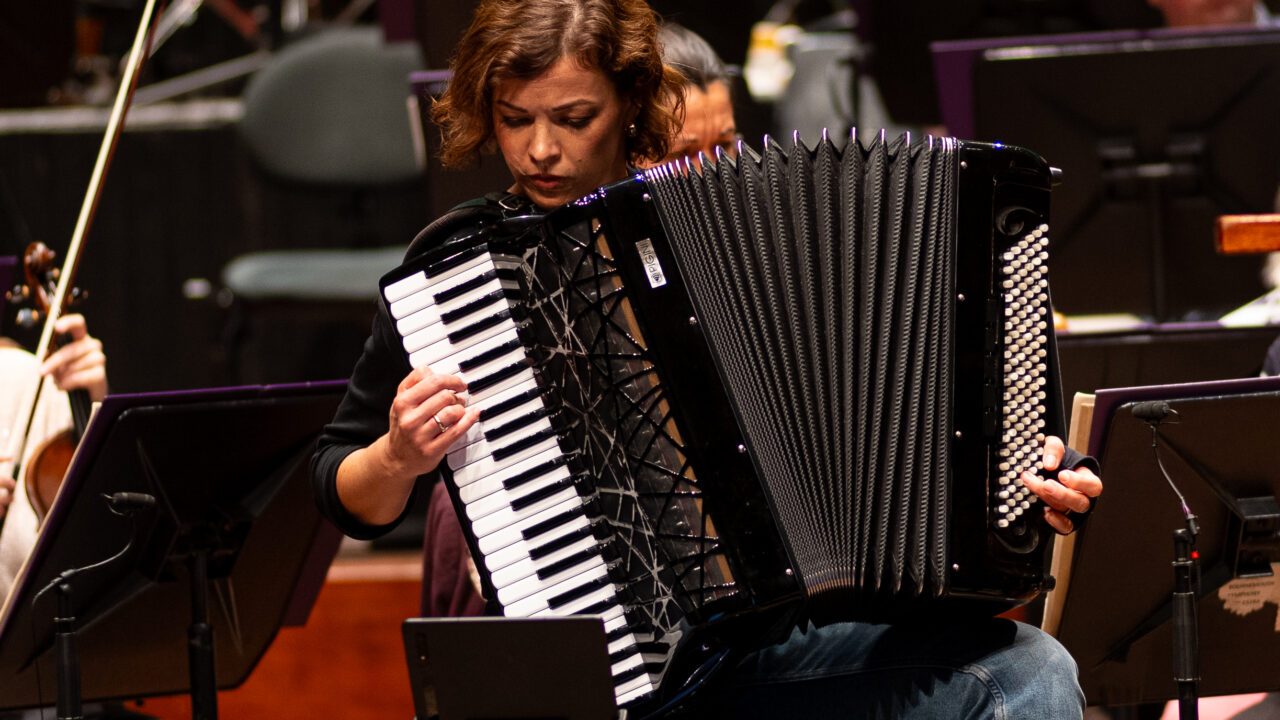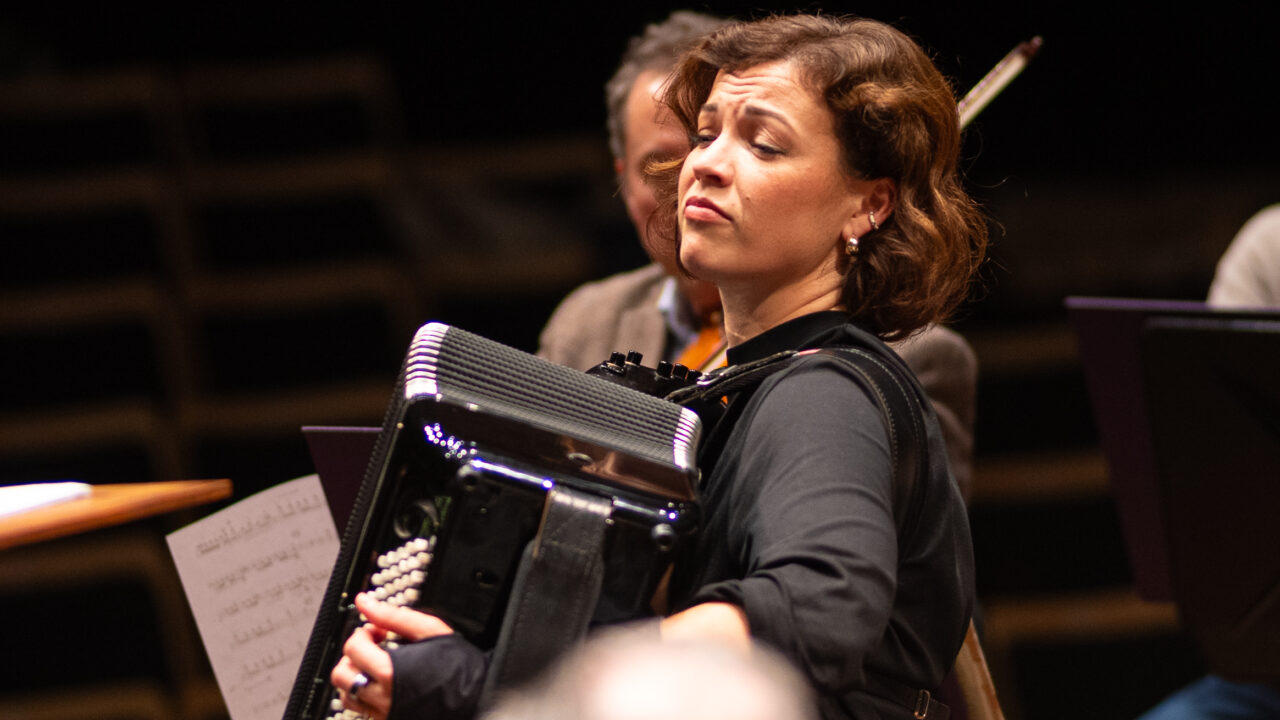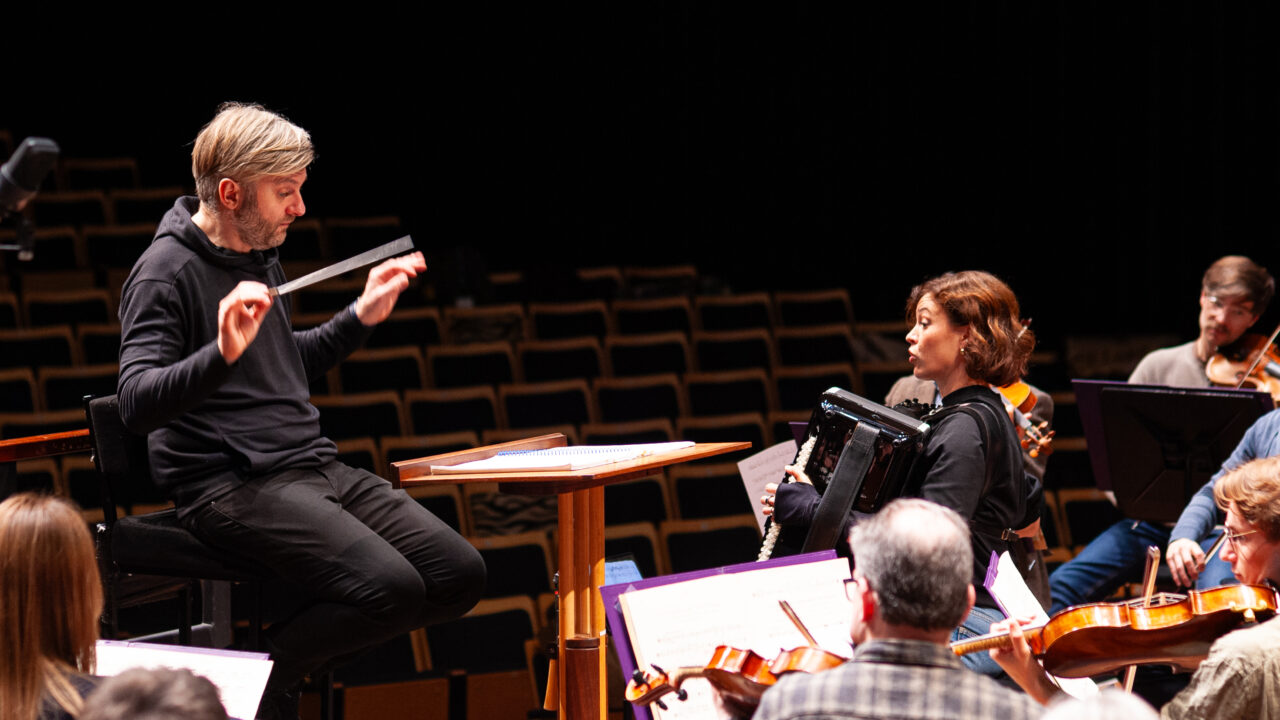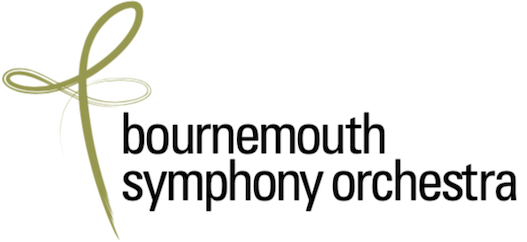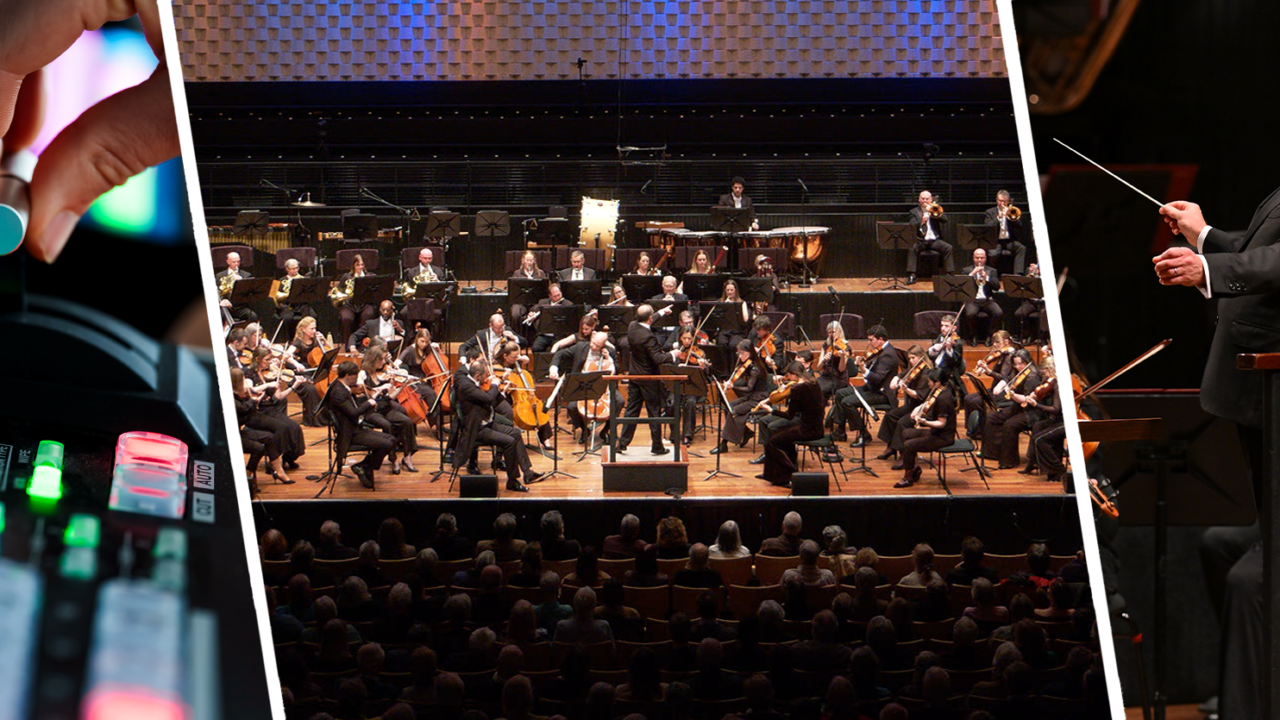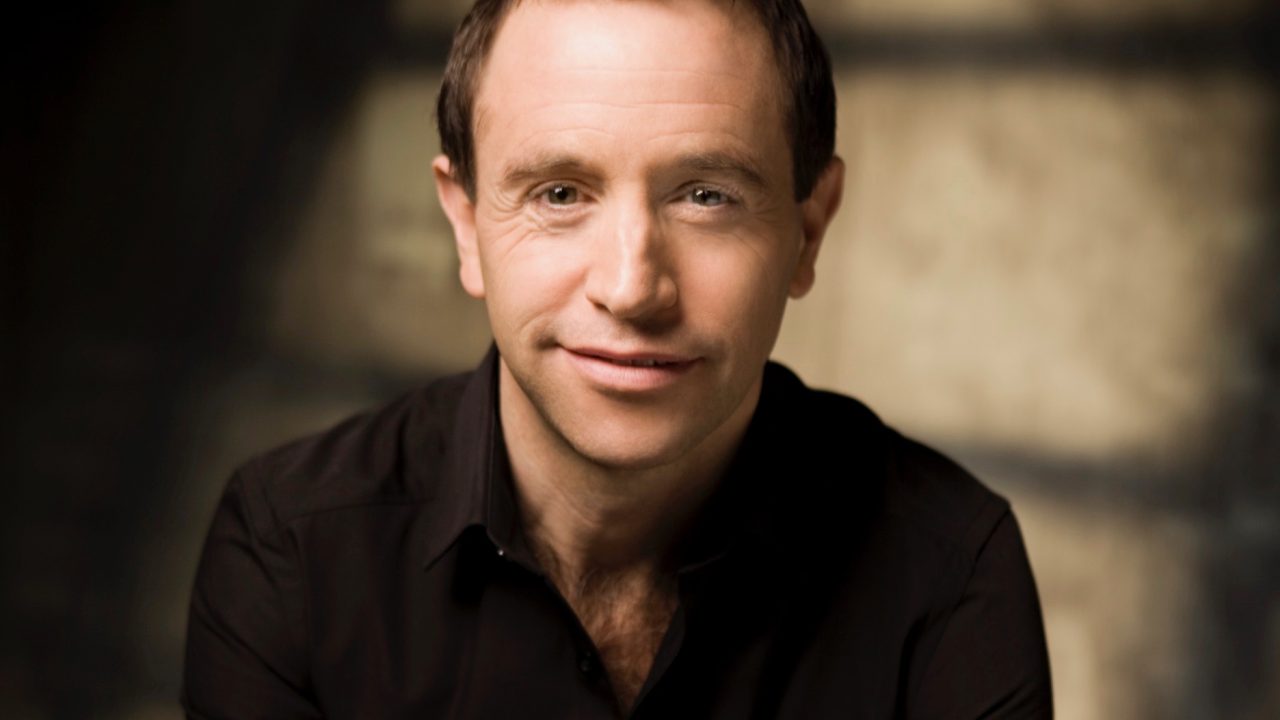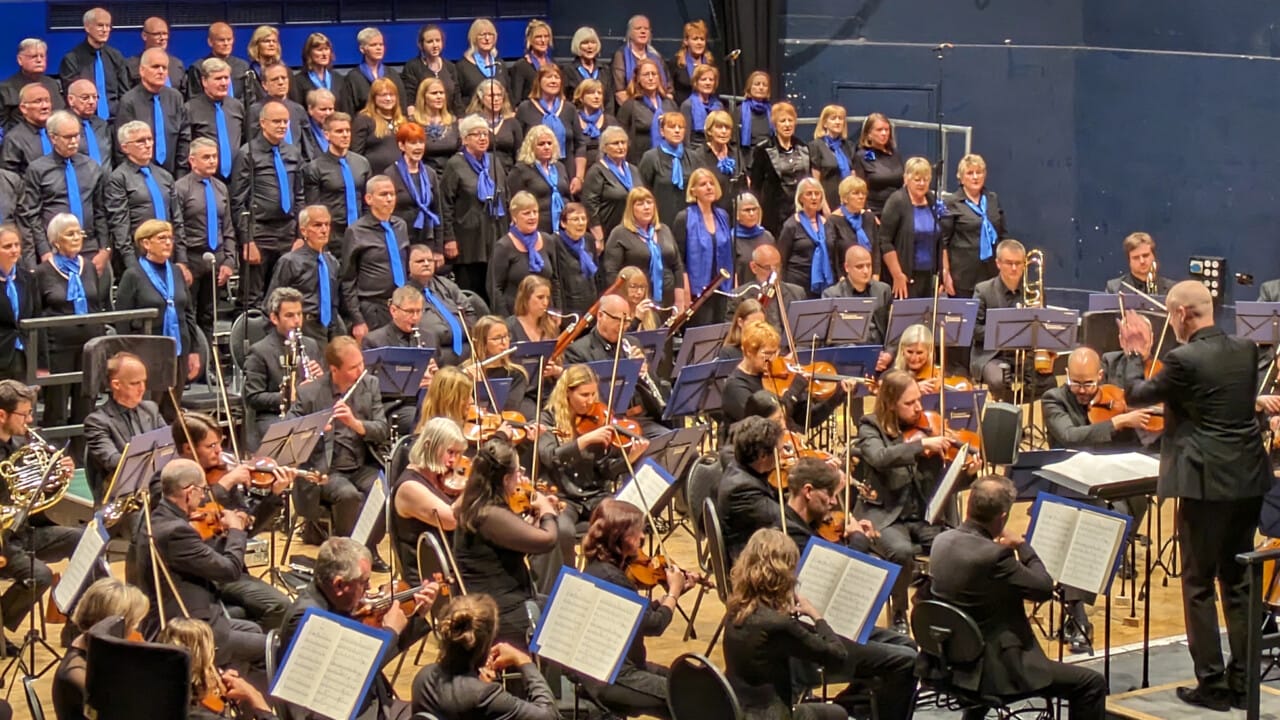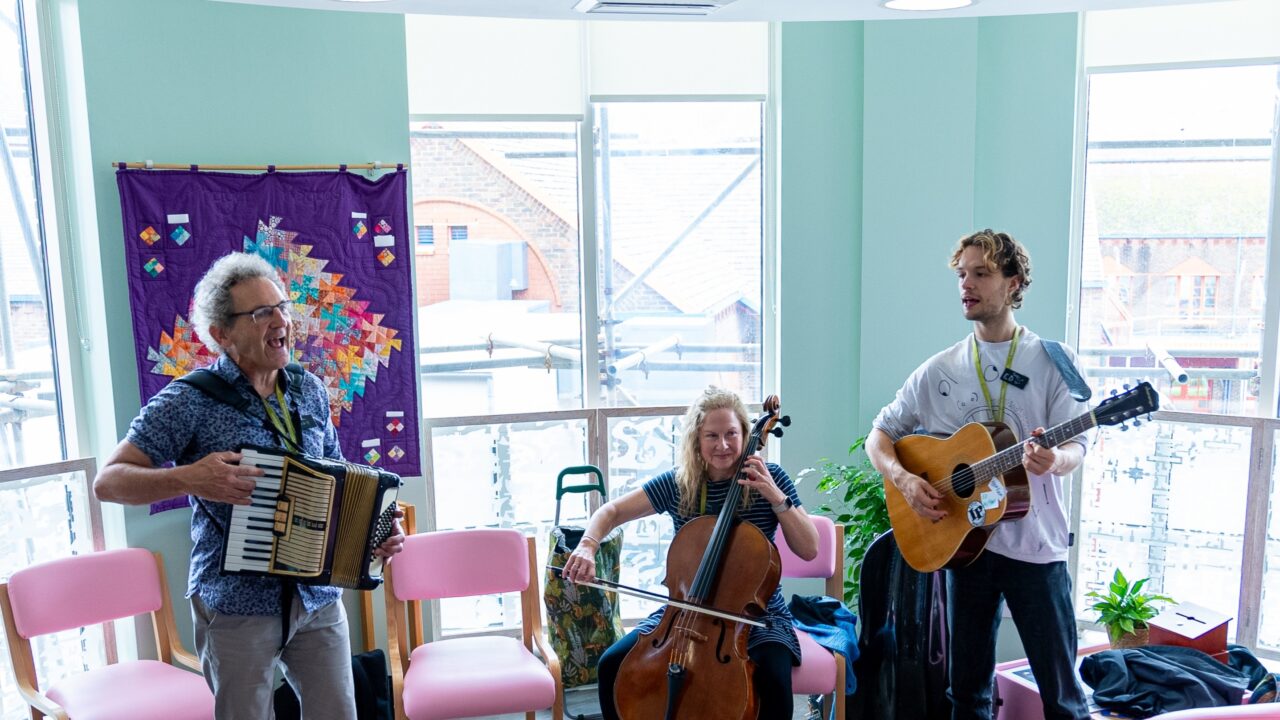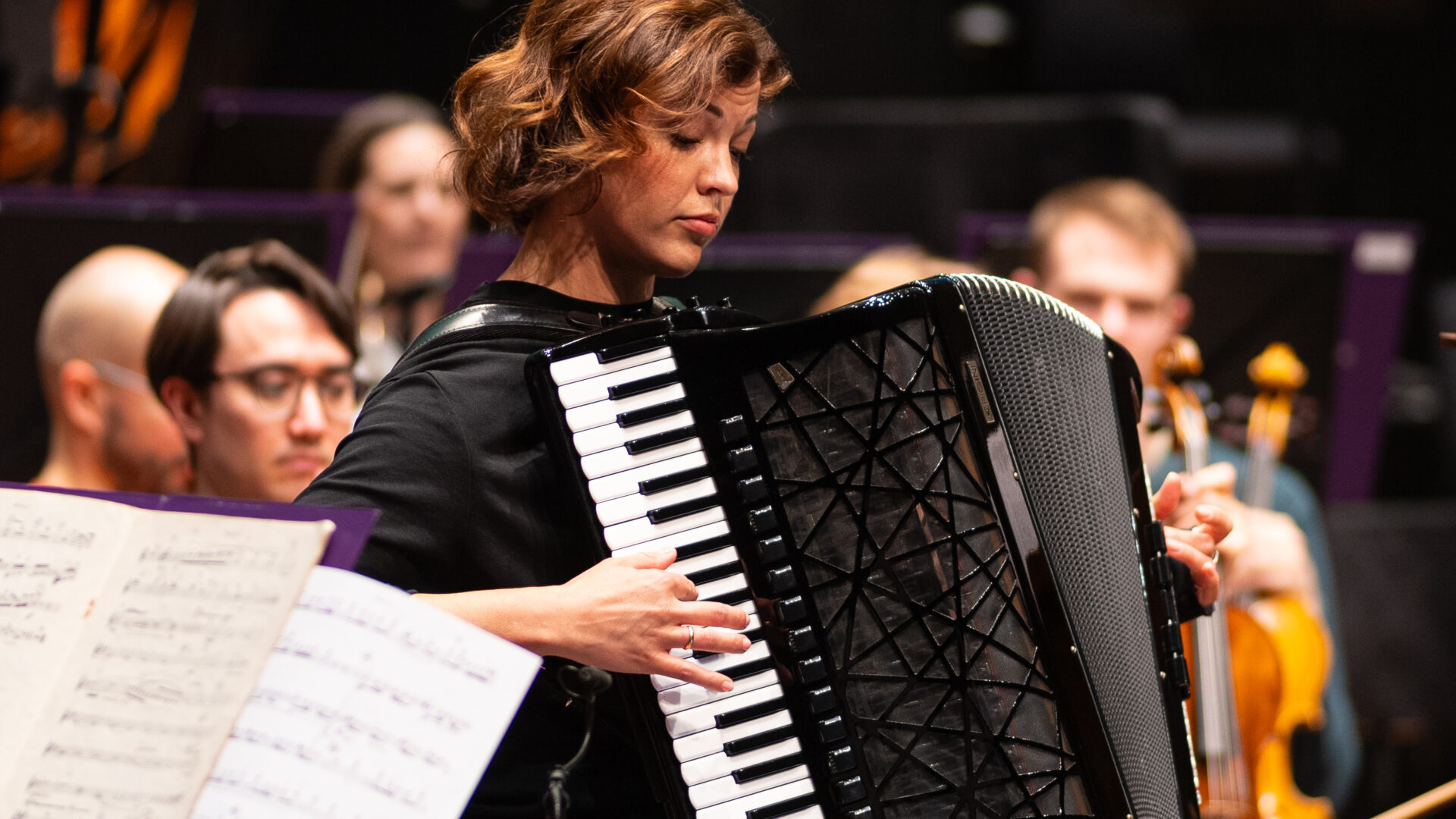The eagerly awaited return of Kirill Karabits to BSO cast a special magic over Lighthouse on this spookily foggy evening in Poole. His choice of repertoire took us on a journey where Heaven and Hell framed two appropriately spellbinding voices from the East.
The opening chords of Mozart’s overture to The Magic Flute resounded as an imposing summons to the ceremony and celebration of life. Proceeding to fizz with contrapuntal energy from all sections of the orchestra on best mettle, a collective wand followed to open the box of seven Fairy Tales composed by the Czech composer, Vaclav Trojan.
Composed in 1959, the music is immediately appealing and expertly crafted in a knockabout style that somehow seems to channel Scott Bradley’s Tom and Jerry cartoons, but with its own distinctive Eastern European flavour. Trojan’s sleight of hand is the virtuoso aspect of the work also being a Concerto for Accordion. Accordionist Ksenija Sidorova’s coordination of keyboard and stops was ultra-virtuosic, conjuring breathtaking feats of sound and action interplay with the orchestra, both in helter-skelter chase music and lush heartstring pulling. Further delight came in the form of a stylish encore of Angelis’s Fantasie on Piazzolla’s Chiquilin de Bachin with a string quintet of BSO principals.
More Fairy Tales followed after the interval, this time from the Ukrainian composer Thomas de Hartmann. His Suite of 13 brief numbers from 1936 draws together a compendium of character studies from Russian folklore within the context of a hero rescuing a princess to overcome evil and attain wisdom. Several of the characters feature in earlier works by Mussorgsky, Rimsky-Korsakov, Liadov and Stravinsky. De Hartmann’s individual style is as striking and approachable as Trojan’s, but almost fashioned as an early concerto for orchestra with character depictions of individual flair, colour and bite. This gave opportunity for much solo orchestral prowess, none more engaging than principal clarinet Barry Deacon’s seamless breath control as the Prince restoring life to the Princess – magic indeed as the story moves towards a visionary journey’s end.
“I cannot recall any live performance or recording that has seared the soul with such consistently ferocious and compelling intensity, both for its depiction of eternal damnation and the loss of worldly life and love.”
Thence to Tchaikovsky’s Francesca da Rimini, his Fantasia after Dante’s Inferno that takes us to the Second Circle of Hell and a rather different journey’s end. I cannot recall any live performance or recording that has seared the soul with such consistently ferocious and compelling intensity, both for its depiction of eternal damnation and the loss of worldly life and love. Music, performers and audience were all collectively on fire. Even the final pages of Wagner’s Götterdämmerung would struggle to match the heat intensity in Lighthouse during this performance.
Given the galvanising orchestral response to Kirill’s inspirational fire from the podium throughout, it might seem invidious to highlight a special standout, but yet again Barry Deacon’s voicing of the central clarinet solo poignantly expressed the words that inspired the composer to perfection – “There is no greater sorrow than to be mindful of happy times when in misery”. Enough said, but please let’s hope that Kirill can be persuaded to return to BSO as often as possible.
Critic Ian Julier
Catch up on the full concert here until 26 April
We also received reviews from:
The Times “a terrifically taut and dramatic performance”
Seen and Heard International “There was music of gossamer beauty, radiance and great splendour”
Gallery
